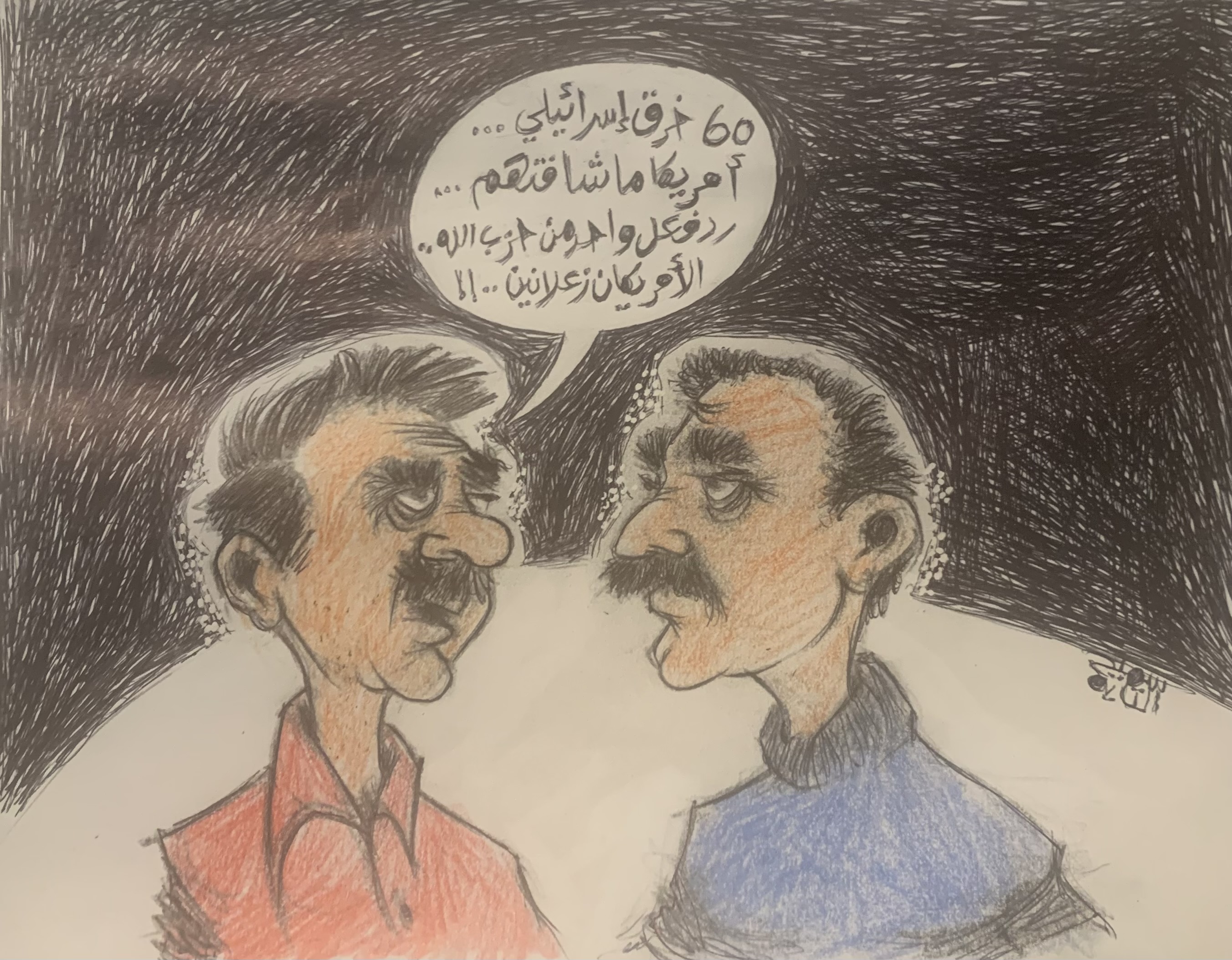
Written by Nasser Kandil,
Lebanon may form the weakest part in the Levantine tripartite which consists of Lebanon, Syria, and Iraq in the heart of an economic and financial crisis where the concern is the same in the three countries. While Iraq has huge oil capacity that forms it’s most prominent strong point and Syria has an agricultural and industrial infrastructure that allows it to provide a high food and consumer self-sufficiency despite the years of wars and their harms. The current generations do not have memory of the natural economic relationships that excel over politics during which the economy of the three countries was well before it was affected four decades ago with the start of war launched by Iraq against Iran and caused the closure of the Syrian-Iraqi borders and the stop of the transfer of the Syrian-Lebanese goods towards Iraq; their most important market, and the stop of the flow of the Iraqi oil to Banias and Tripoli causing the entry of Syria and Lebanon to the world oil market to buy the oil derivatives; the most important source of bleeding of their resources till now.
Many believe that each country forms an economic union, and that the economic relationships with the outside can be equal according to the type of the exchange goods and away from the identity of that outside which is originally formed from a political entity where the economic dealing is the market and the country is a unified customs and currency. But is that enough to form a market? Absolutely, no, firstly because the elements of the formation of the market is deeper in time and content than the conditions of forming a country and the unity of currency and the customs fees. Secondly, because the growth of a market needs either the elimination of the customs and currency borders as proved by the experience of the European Union, or the protection of the customs and currency borders as proved by Britain which entered the European Union and did not leave its independent currency for the benefit of the Eurozone. During the French mandate, Syria and Lebanon got separated with two presidents, two parliaments, two governments, and two armies but they had one currency and customs. Just for that when they got separated, crises started.
The economy is not a political act created by countries, but rather a vital natural act created throughout history, imposed by nature and adopted by humans where generations copied with it, and in which the movement of goods and their production is integrated, but when it meets politics,prosperity and comfort are achieved. The economic union which was formed throughout history and the political borders surround it becomes as a paralyzed body that inflicted by favor. Now, Iraq is paying a double cost for its imports from Europe and its oil exports to it due to its loss comparing with what Beirut port and Tripoli Refinery provided. Lebanon lost its high resources and a huge market of its agricultural and industrial products where Iraq was its most important market. The question is about the market of banks, universities, and hospitals in Lebanon if it is not to serve the economies and needs of Syria and Iraq.Syria; the destination of the poor and the middle class of Lebanon and Iraq which needs them to develop its economy and for being a food and social security as well as a geographical linkage between them. Neither the French nor the British needed time to know the importance of such linkage, they formed the railway, the Iraqi oil line on the Mediterranean, and the unified currency in Lebanon and Syria under the title of the common interests.
There is a lot of discussion in Lebanon, Syria, and Iraq about the exits from the current economic crises. For sure, there are procedures that each country needs separately, but what must be said clearly is that any attempt for the rise that is not based on reconsidering the concept of the economic union which may expand to Jordan and Kuwait is doomed to fail. The starting step in Iraq and Lebanon is courageous towards which Syria will not delay. It is a call for a summit at the level of the heads of the governments of the three countries held in Baghdad to take immediate decisions to operate the Iraqi oil pipeline, to stimulate the trade exchange depending on the national currency of the three countries, to reduce the fees of trade and transit, to improve the conditions of the safe passage of goods and individuals across borders, and to achieve the electrical linkage by linking the cell phone networks with local codes and many decisions that reflect on the achievement of stability.
Translated by LinaShehadeh,
2020-06-20 | عدد القراءات 16418









